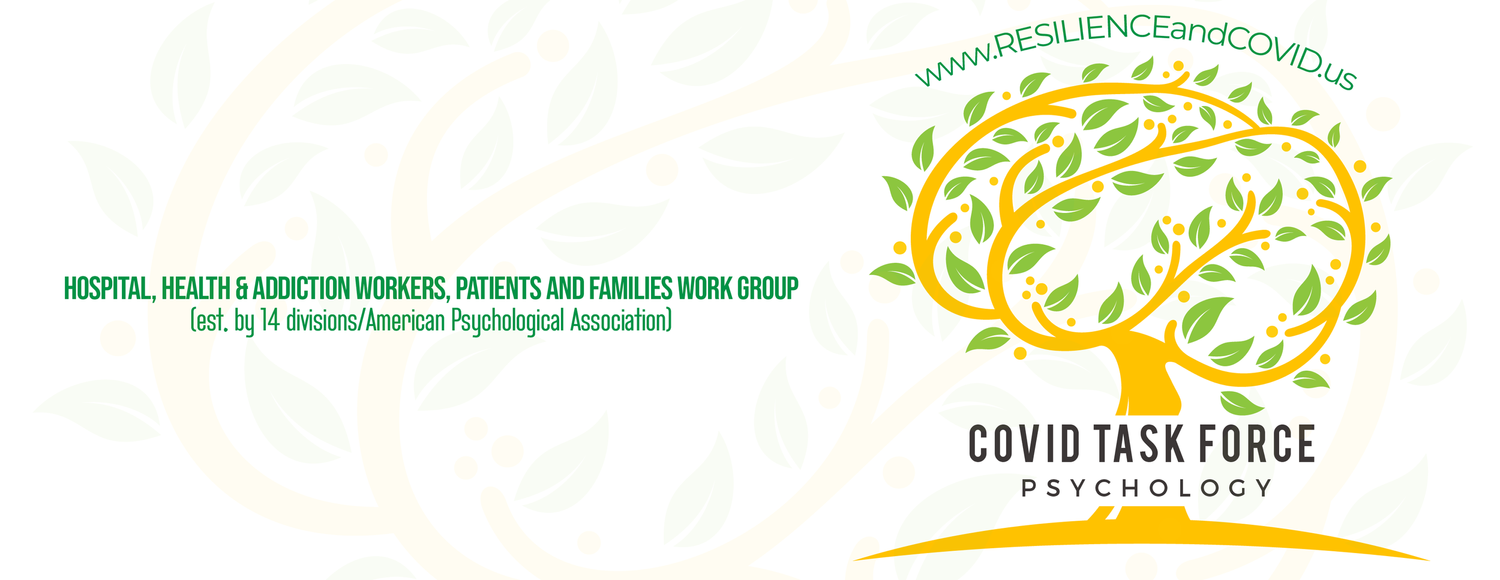
Our History
The psychology working group sponsoring this blog arose when psychologist Dr. Maureen O’Reilly-Landry witnessed the dedication of her husband and son, both doctors at a medical center overwhelmed with COVID-19 patients in the first epicenter of the pandemic. She felt inspired to use her knowledge of psychological trauma in medical settings in a meaningful way and to join them in their mission. This is Part 1 of a three-part series about the origin, purpose, and goals of this blog.
Our initial thought was to address the potential psychological trauma of frontline medical responders in the acute phases of the COVID crisis. The well-being of medical personnel in Emergency Rooms and Intensive Care Units was our primary concern.
Source: Jonathan Borba/Unsplash
Rapidly, it became clear that the hospitalized COVID patients, forced to endure their illness alone because their families were not permitted in the hospital, were experiencing a double trauma: life-threatening illness compounded by forced isolation. Similarly, their families suffer from their inability to accompany their loved one through their illness and, possibly, their death.
Further, for the medical and mental health clinicians, bearing witness to their patients’ emotional suffering only serves to amplify their already-high stress level. This circle of psychological trauma is then taken home, affecting the children, partners, and even extended families of those working in these settings.
An epidemic within the pandemic
With the addition of Dr. Patricia O’Gorman as co-chair, we were able to broaden our scope beyond the hospital walls to include outpatient medical and addiction treatment facilities.
The number of patients dying from the opioid epidemic was already up this year by 13%, from 72,000 in 2019, without accounting for those also dying from the rapid increase in alcohol consumption as a direct result of the pandemic.
The realization that we were addressing an epidemic within a pandemic gave us pause.
About this site
As the Hospital, Healthcare and Addiction Workers, Patients and Families working group of the COVID-19 Psychology Task Force (established by 14 divisions of the American Psychological Association), our mission is to reduce and when possible, prevent COVID-related psychological trauma, and to facilitate developing resiliency and even post-traumatic growth.


